
APHY 101 FINAL EXAM All 100 Questions and Correct Answers | Ivy Tech Community College Indianapolis
$ 13
.png)
Pearson Edexcel Level 3 GCE 8BN0/02 2022 Biology A (Salters Nuffield) Advanced Subsidiary PAPER 2: Development, Plants and the Environment
$ 10
.png)
Pediatric Advanced Life Support (PALS) Exam Questions 90 Questions with 100% Correct Answers
$ 9

[Solution Manual] for Marketing Research for Marketers, 1st Edition, By Jon Callegher, Ted Langschmidt, Julie Kellershohn
$ 25

NR 511 DERMATOLOGY QBANK QUESTIONS CHAMBERLAIN COLLEGE OF NURSING for 2022/2023 COMPLETED A
$ 6.5

Week 1 Assignment: Comparing Sampling Methods Q and A
$ 12.5
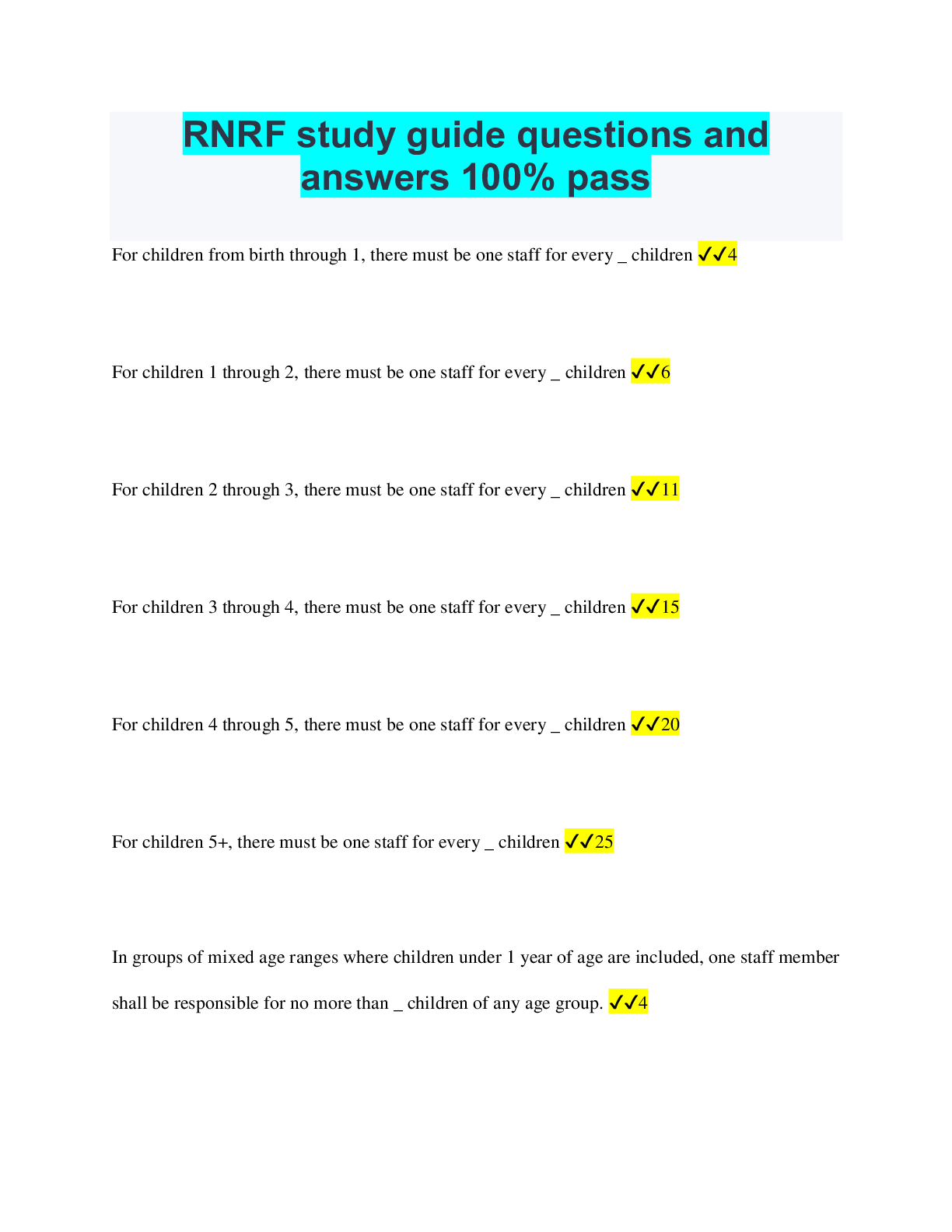
RNRF study guide questions and answers 100% pass
$ 3

NUR 2115 / NUR2115 Fundamentals of Professional Nursing Week 4 Review Latest Update Rasmussen
$ 9
NR 508 Midterm Exam Week 4 – Question & Answers, Graded
$ 13.5

SFL 260 MIDTERM 3 LATEST UPDATE QUESTIONS AND ANSWERS
$ 9

Pearson Edexcel International GCSE (9–1)_Physics_4PH1/1PR Question Paper 2022 | PAPER: 1PR
$ 7.5

NetSuite SuiteFoundations Exam Prep Questions with Correct Answers
$ 6

NR501 Week 4: Importance of Nursing Theory Worksheet(Solution) LATEST 2021/2022
$ 10

NR 603 Week 5 APEA Predictor Assignment Part One GradeAplus
$ 10

HD 205, Fall 2016: Application 7: Johari Window Analysis. Essay Graded A
$ 5

WGU (C224) Research Foundations Questions and Answers Graded A
$ 15

A Level Business H431/03 The global business environment Resource Booklet Oct 2021
$ 5

AVIA 245 final exam, 35 Out Of 35 |100%| Verified 2021 Solutions - liberty University
$ 9.5

Computer Networks: AWS Certified Cloud Practitioner Study Guide (solution bank) Distinction level guide-2022.
$ 14

AQA A-level BIOLOGY (7402/2) Paper 2 Mark scheme

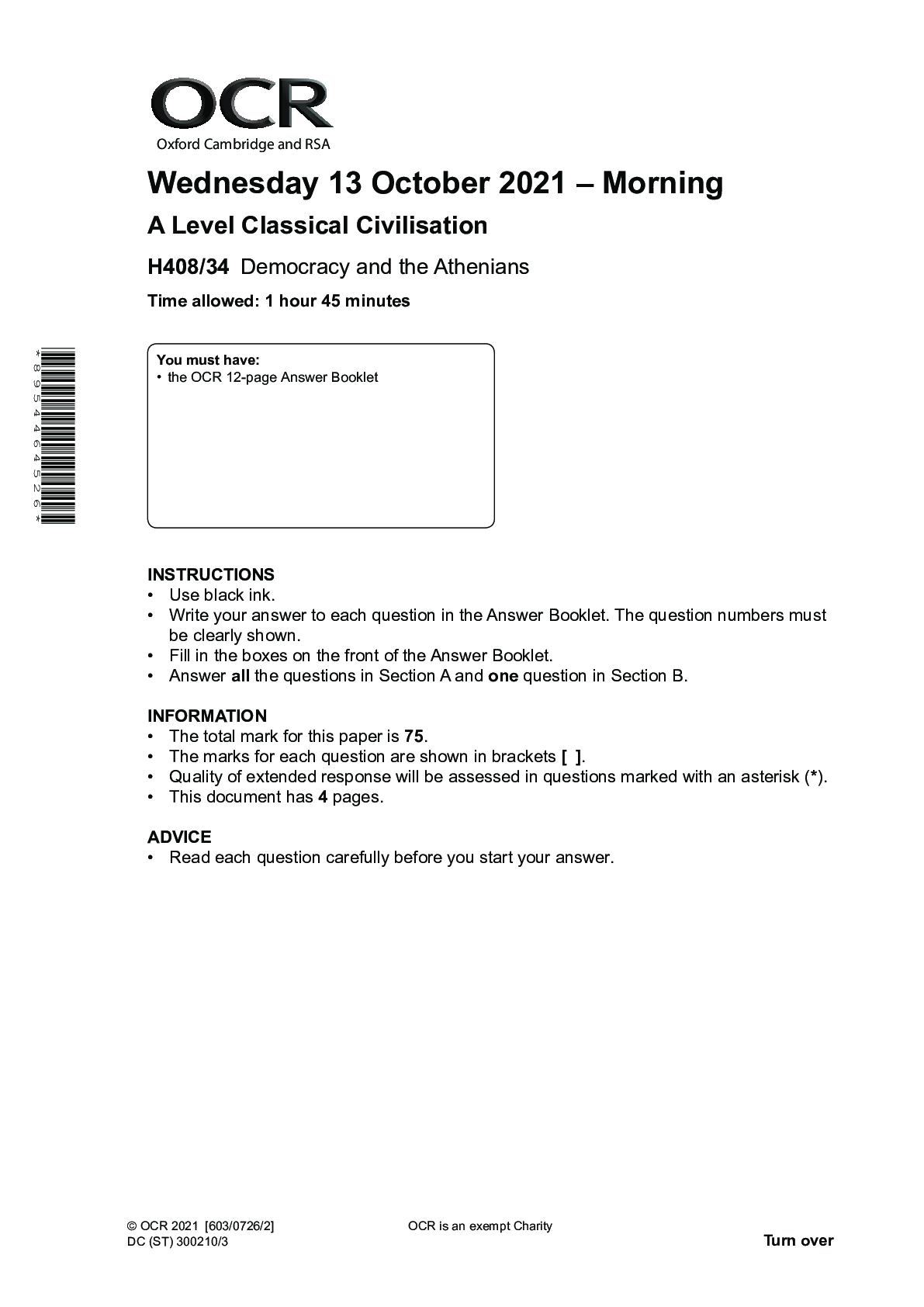


.png)
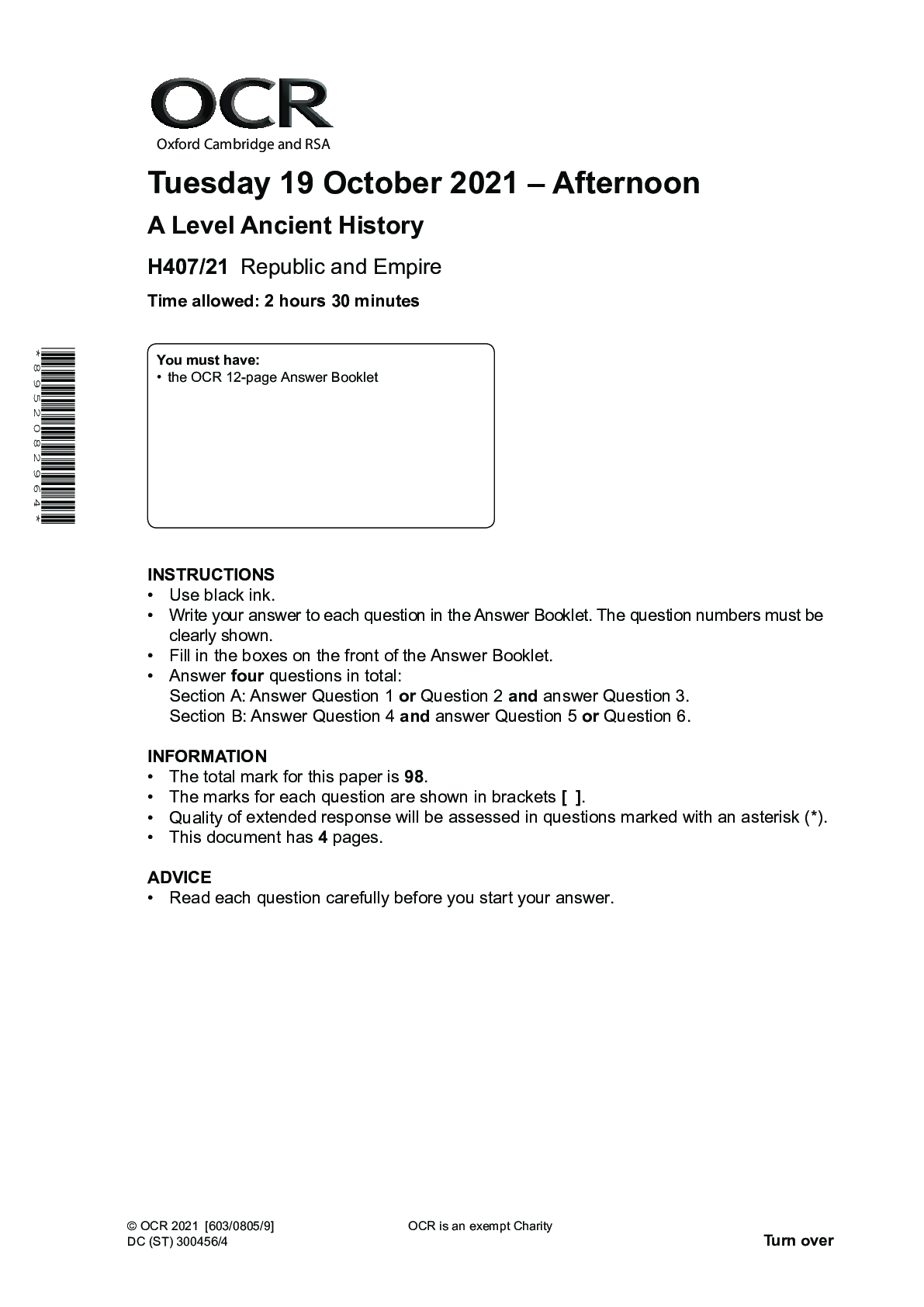

.png)

.png)
.png)
.png)
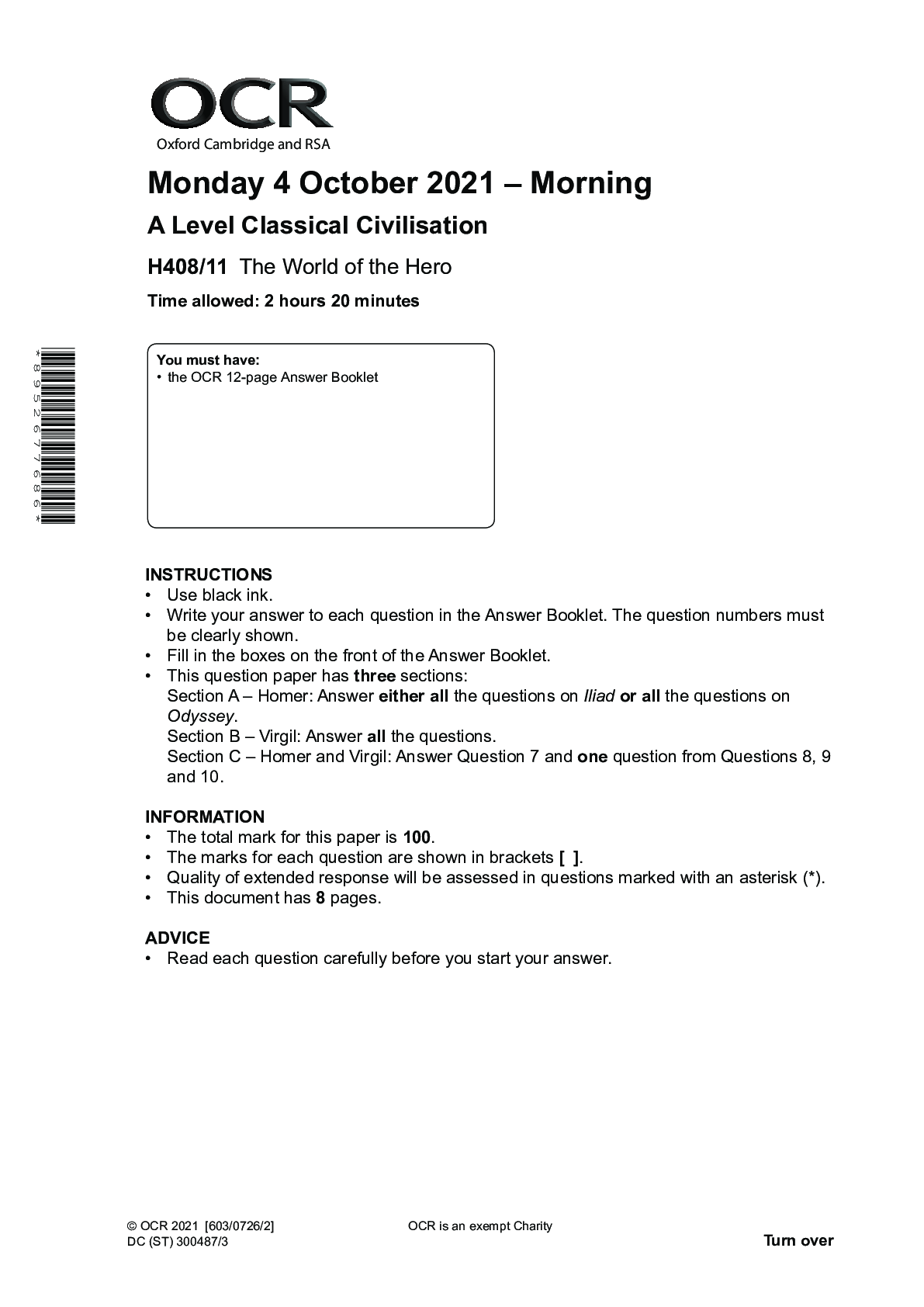

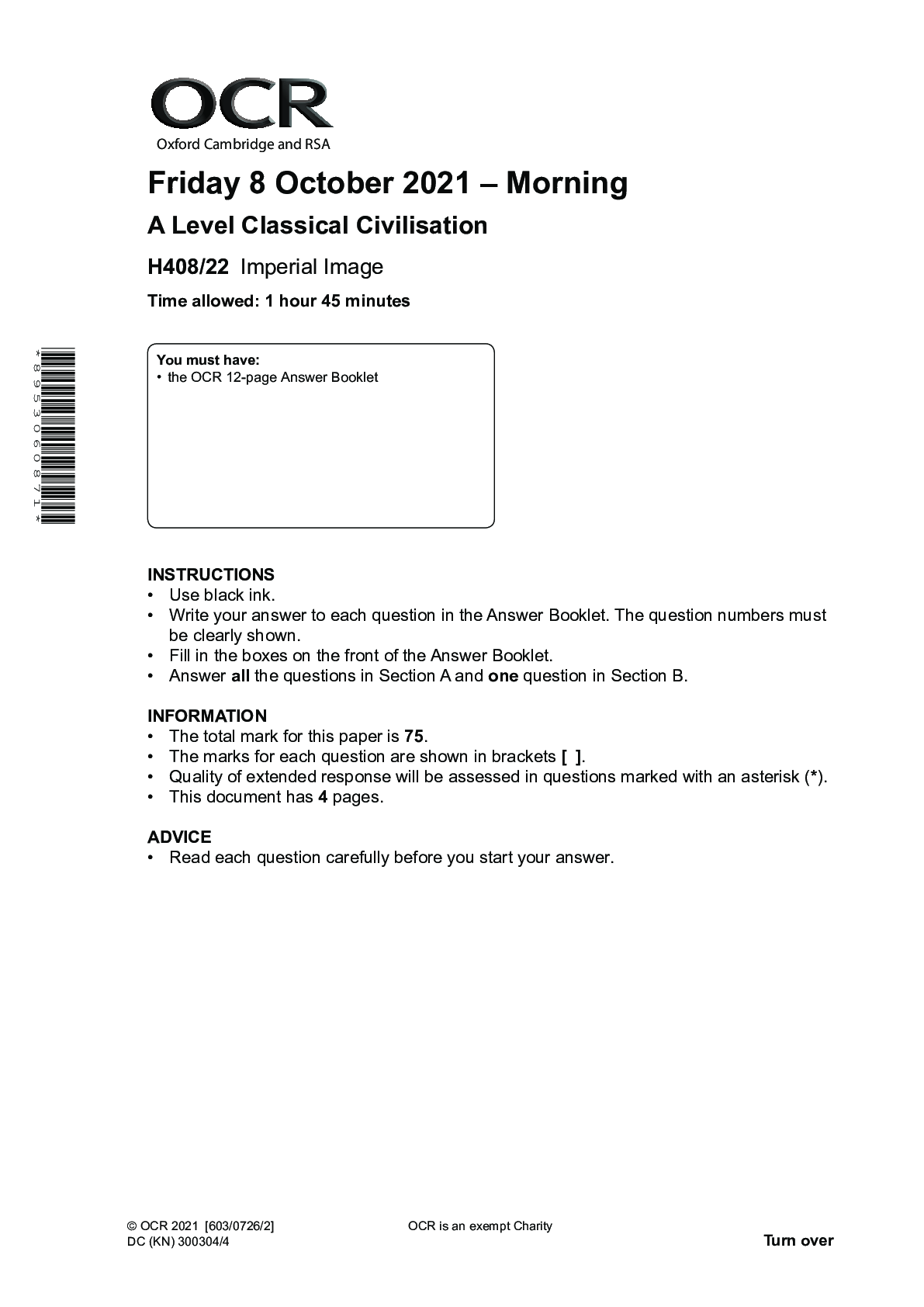
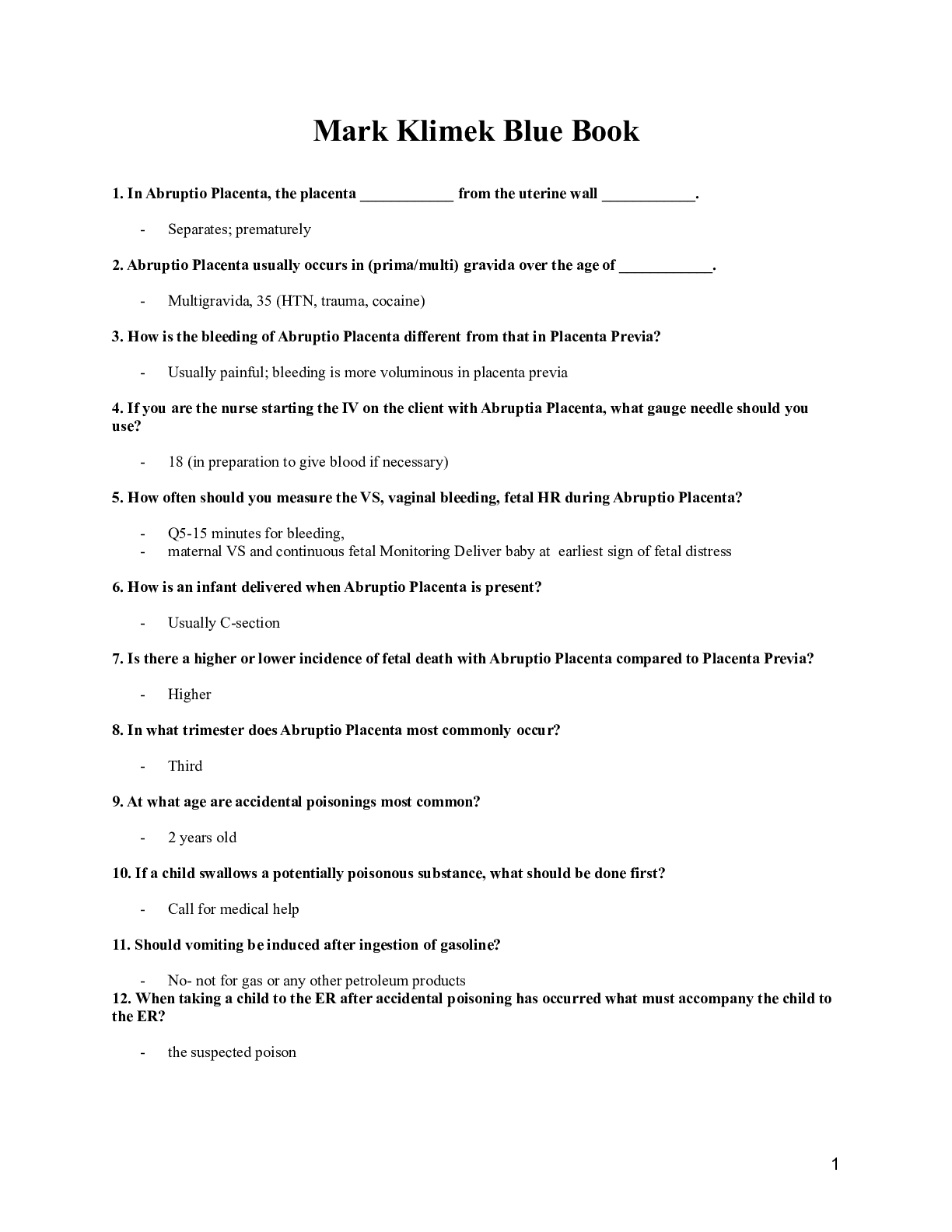


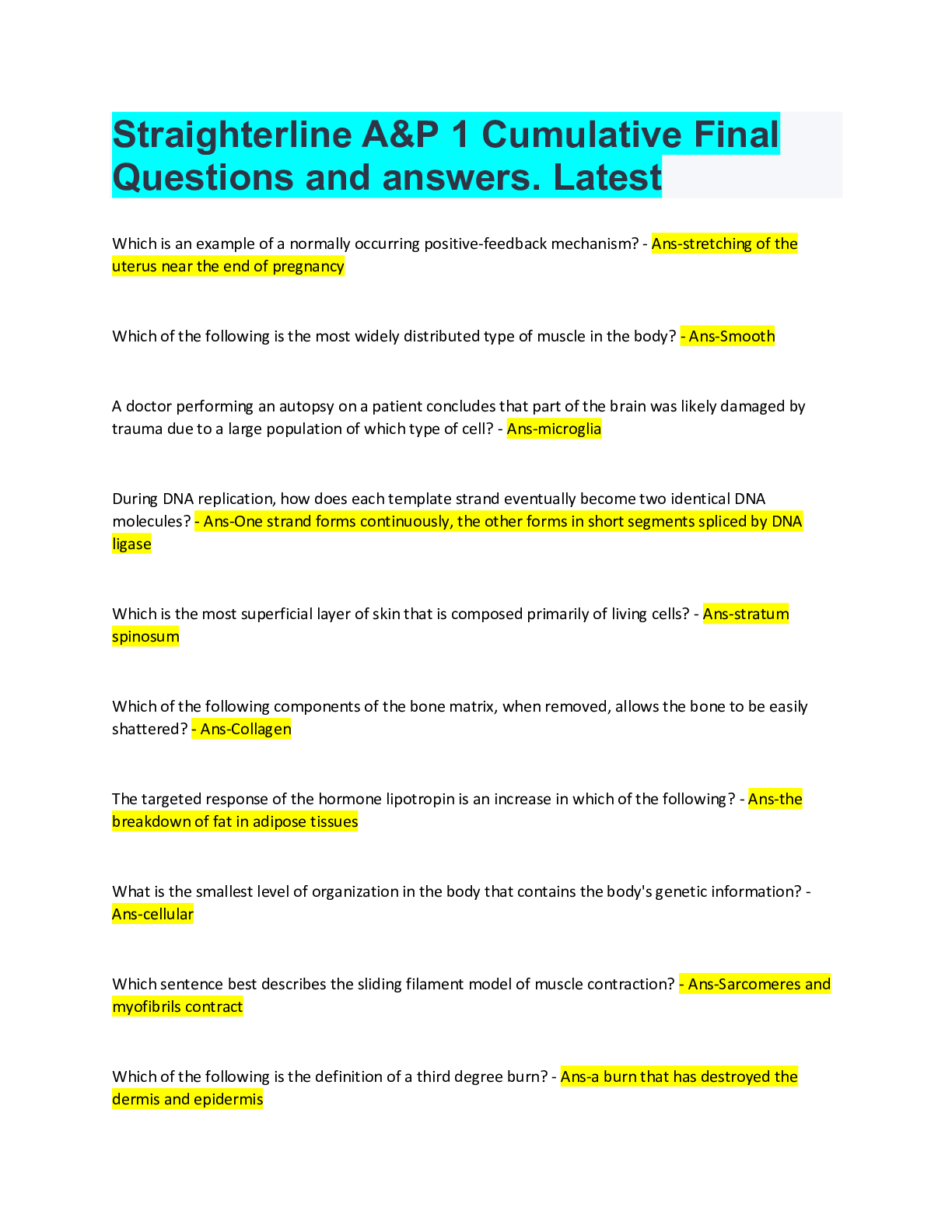






.png)
.png)

